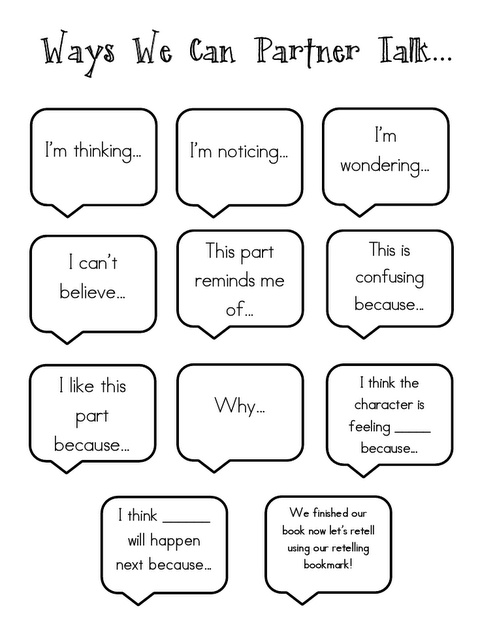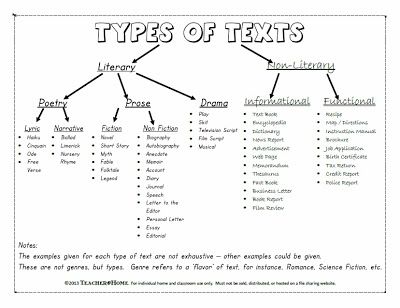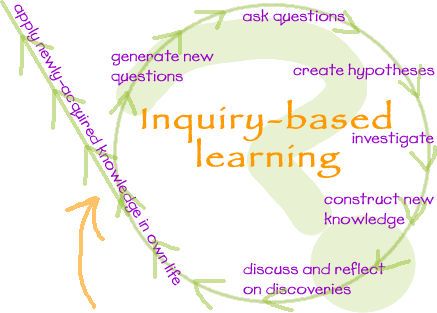
Have student choose questions from sheet or laminate the individual questions and have them “draw a question” for discuss with their partner

Picture to use on a ppt or for student inspiration or a guide for drawing these items.

Persuade, Inform, and Entertain
Best Websites for Teaching and Learning 2013
Here in Chicago, AASL’s Best Websites for Teaching & LearningCommittee just released its standards-aligned 2013 list.
Sites, apps, and tools are selected because they engage users through innovation, creativity, active participation, and collaboration. Honored websites, tools, and resources will provide exceptional value to inquiry-based teaching and learning.
Using Edcavas as a platform for curation (see below), this year’s Committee described a fabulous array of tools in the categories of:
The team confirmed several of my personal favorites: Pinterest, Smore, Easel.ly, TED Ed, and DPLA, for instance. But I learned about so many truly useful new tools this morning, my mind was racing with plans for both personal use and serious fall implementation.
Here is a list of some of those new-to-me discoveries:

Awesome chart from Pinterest


Inquiry-based learning

GRAFFITI BOARD REVIEW ACTIVITY: This Elements of Music Graffiti Board example could be used as a Formative Assessment Tool or Review Activity IN ANY CONTENT AREA. Just place “terms to know” on the board and have each student erase one and tell the class something about that term (e.g. definition, connection, example, etc.).